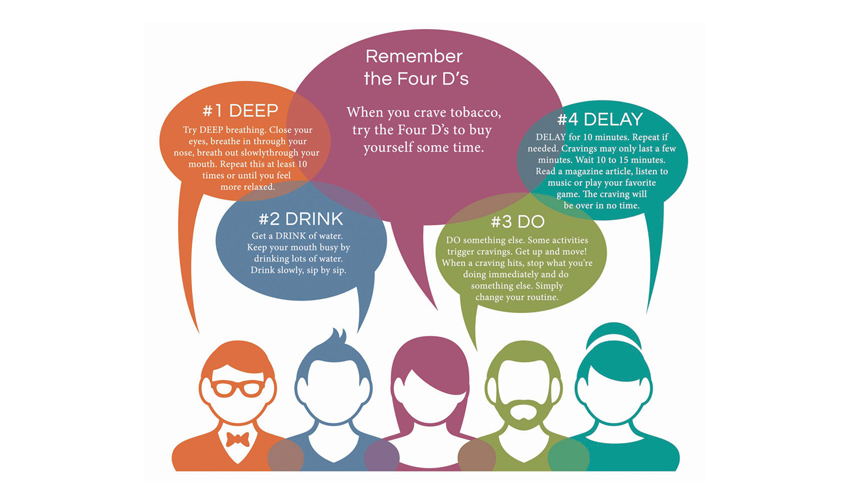Smokers know that cigarettes will damage their health.
Yet in Tennessee, 22% of adults still light up.
NashvilleHealth intends to help them quit.
“When you look at the statistics in our state and in Davidson County, they are much higher than the national average,” says Caroline Young, executive director of the Nashville-based initiative to improve residents’ health.
“We have an immense problem that adds up to about $3 billion a year in healthcare costs. We are using a collective approach to tackling tricky health issues, bringing people to work on them together.”
For all Tennesseans
Anti-smoking forces succeed by changing people’s attitudes toward cigarettes. Health warnings have already spurred some to stop smoking, and limiting the number of places where smokers could indulge in their habit put social pressure on them to stop.
Tennessee is one of the few states that still allows smoking in many public areas.
It operates under preemption, which means that no local laws can be made that supersede a state law. For example, Nashville cannot enact legislation that bans smoking in public parks because Tennessee law allows it.
NashvilleHealth works with the Tobacco-Free Tennessee Coalition, a group of 50 different nonprofits and businesses, to achieve freedom from tobacco through policy change and education.
“Recently, members of the coalition reached out to local governments across the state to make them aware of the issue and urge them to get involved,” says Young. “Also, members are supporting legislation that allows for more smoke-free spaces, like we successfully did here in Nashville at Ascend Amphitheatre. We were excited about the policy change at Ascend because, even though it’s a small step, it’s a step in the right direction.”

For individuals who smoke
Lots of smokers want to stop but have been unsuccessful in their attempts to quit. Working with the Tennessee Department of Health, NashvilleHealth joins efforts to let them know about the Tennessee Tobacco Quitline through the annual Quittin’ Time in Tennessee campaign.
The quitline is free, by phone or online, and each person gets a plan specific to their smoking habit and lifestyle to help them quit. It offers those services in Spanish and for the deaf or hard of hearing as well.
“This is a critical state resource that has a cessation specialist available to counsel smokers who want to quit,” says Young. “They provide nicotine cessation medication and other tools. By removing barriers to cessation counseling and offering proven quit aids, we can give smokers the tools to quit.”
Going smoke-free
Smokers who quit add up to 10 years to their life expectancy, and their quality of life after quitting also improves. Research has shown quitting can decrease feelings of depression, and stress while improving mood. The work of NashvilleHealth relies on individuals, business and community leaders to come together in common cause, and Young says the more the merrier.
“We would love to have more organizations get involved,” she says. “All they need to do is contact us.”




